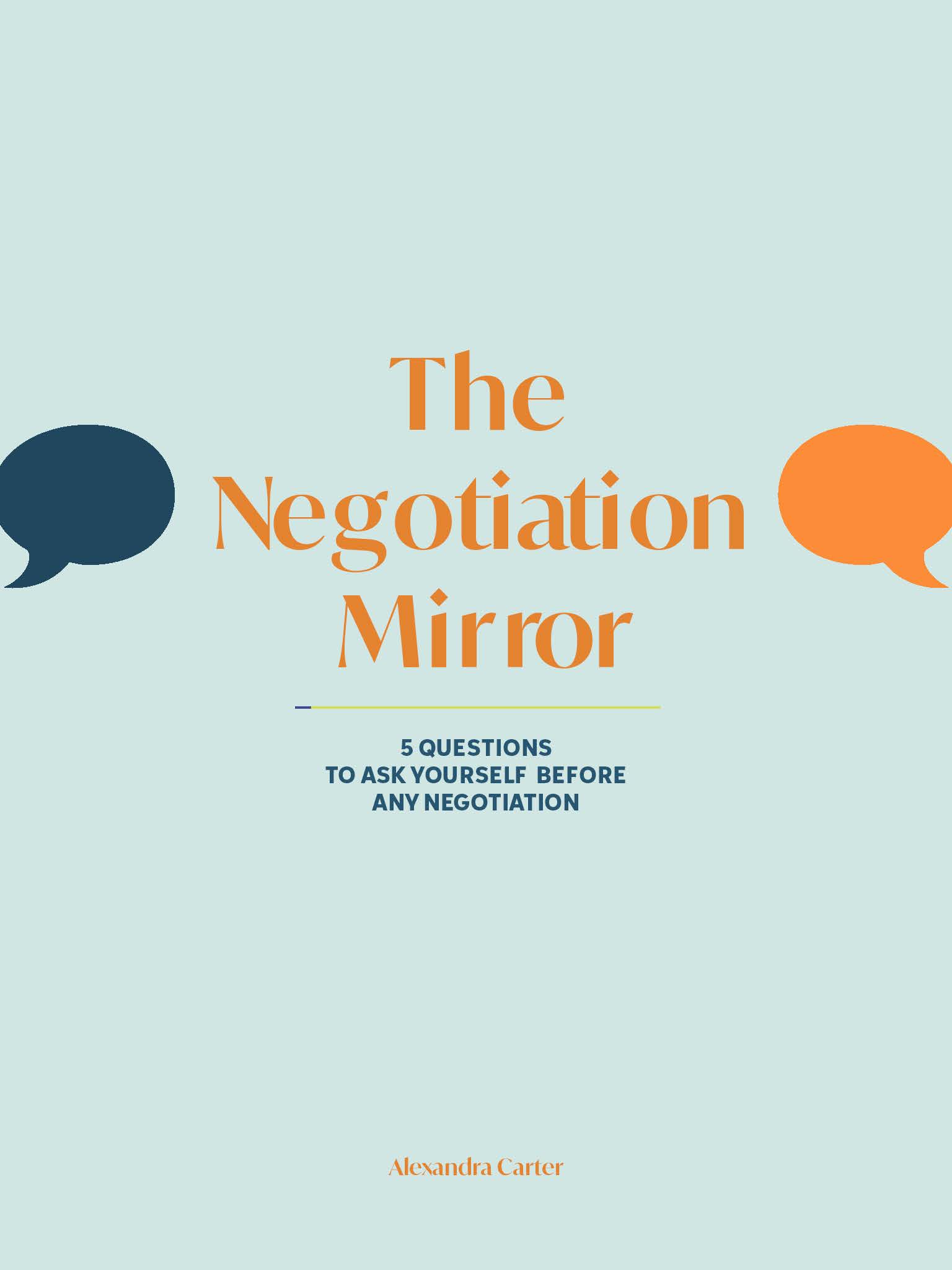Everyone wants to negotiate better. Whether we are lobbying for a promotion, pitching new clients or trying to convince your toddler that ice cream is not breakfast, we all want to negotiate confidently and achieve the best results.
Carter is director of the Mediation Clinic at Columbia Law School and a negotiation trainer for the United Nations and Fortune 500 companies. For over ten years, she’s been helping leaders across the world negotiate better, build relationships, and reach their goals.
The new book Ask For More: Ten Questions to Negotiate Anything by mediation expert Alexandra Carter is the next best thing.
“The first thing is to grapple with your own emotions before you sit down with somebody else. One of the questions that I have people ask themselves is, “What do I feel?”
“The other thing I train people to do is to always have questions and a couple of tools at your disposal in those conversations. If things start to get heated, either you feel your temperature rising or their temperature rising, you can always ask a really good question or you can do what I call summarizing.”
Summarizing is when the other person has spoken and instead of reacting in the moment, you instead say “I want to understand what you’ve said, what you’ve said is…”, and repeat it back. This way you have bought yourself more time to answer. You have also taken the heat down from the other person because they feel heard. And you might just, in the process of summarizing, gain something new that allows you to process the conversation in a new way.
There’s a two-word phrase that Carter uses daily with her husband that she calls “the ultimate open question.” And she not only loves using this phrase in relationships, but she says it works with kids, at work and in any other situation where you might want to defuse an argument and come to an agreement.
She recommends starting with two words: “Tell me.”
“It helps us move from a black-and-white (and often biased) view of a situation to what some negotiation experts have called a ‘learning conversation,’ where we grow in our understanding of an issue rather than remain stuck.”
“People, from UN diplomats to C-suite leaders, forget that negotiation does not start the moment you sit down with somebody else, it starts at home with you. If you steer that internal relationship first, you’re going to approach that negotiation table with so much more clarity and confidence.”

Get The Negotiation Mirror
Get the free PDF guidebook that will help you unlock the first step in all great negotiations: understanding yourself.